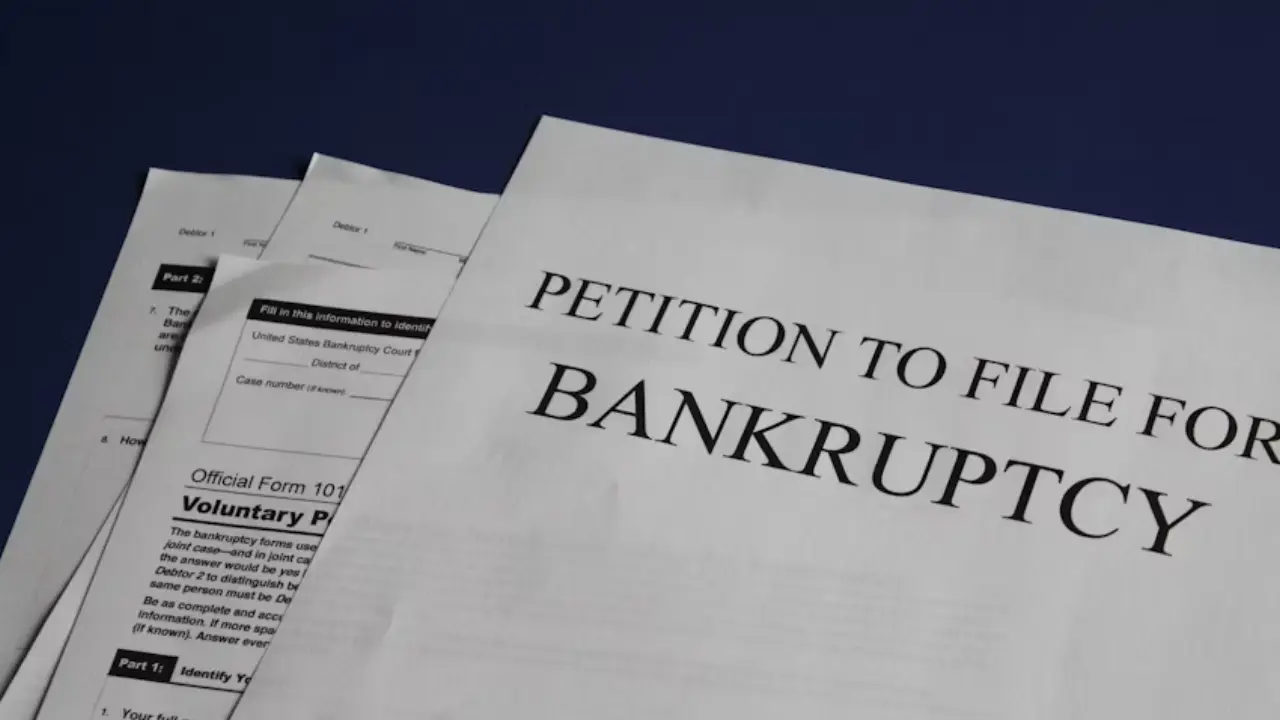Financial storms can hit anyone. When relentless debt, creditor harassment, and the threat of asset seizure overwhelm you, finding a trusted bankruptcy lawyer becomes your most crucial step toward stability. These specialized attorneys aren’t just legal advisors; they are lifelines who navigate the complex U.S. Bankruptcy Code to secure your fresh start. Understanding when and how to seek their expertise can mean the difference between prolonged financial chaos and a sustainable recovery.
What is Bankruptcy? Understanding Your Legal Options
Bankruptcy is a federally governed legal process designed to help individuals and businesses eliminate or repay debts under court protection. It halts creditor actions like lawsuits, wage garnishments, and harassing calls immediately through an “automatic stay.” The two primary types for consumers are:
- Chapter 7 Bankruptcy (“Liquidation”): Involves selling non-exempt assets to pay off unsecured debts (credit cards, medical bills, personal loans). Remaining eligible debts are discharged, offering a clean slate.
- Chapter 13 Bankruptcy (“Reorganization”): Creates a 3-5 year court-approved repayment plan. You keep your assets while catching up on secured debts (like mortgages or car loans) and paying a portion of unsecured debts.
When Should You Consider Hiring a Bankruptcy Lawyer?
Filing bankruptcy isn’t a casual decision, but certain red flags signal it’s time to consult a bankruptcy lawyer:
- Relentless Creditor Pressure: Constant calls, lawsuits, or wage garnishments.
- Using Credit for Essentials: Relying on credit cards for groceries or utilities.
- Minimum Payments Only: Unable to pay more than the monthly minimums.
- Tapping Retirement Funds: Draining 401(k)s or IRAs to cover daily bills.
- Facing Foreclosure/Repossession: Imminent loss of your home or vehicle.
- IRS Tax Debts: Struggling with overwhelming, unmanageable tax liabilities.
“Ignoring severe debt rarely makes it disappear. Proactive consultation with a bankruptcy attorney provides clarity on your rights and realistic paths forward, often revealing options less drastic than you feared.”
Chapter 7 vs. Chapter 13 Bankruptcy: Key Differences
Choosing the right chapter is critical. A bankruptcy lawyer analyzes your income, assets, debts, and goals to determine eligibility and the optimal path.
| Feature | Chapter 7 Bankruptcy | Chapter 13 Bankruptcy |
|---|---|---|
| Process | Liquidation of non-exempt assets | Court-supervised repayment plan (3-5 years) |
| Timeline | Typically 3-6 months | 3 to 5 years |
| Income Requirements | Must pass “Means Test” (income below state median) | No strict income ceiling; must have regular income |
| Asset Protection | Non-exempt assets may be sold | Allows you to keep all assets (including non-exempt) |
| Best For | Primarily unsecured debt, limited income/assets | Homeowners avoiding foreclosure, higher income, significant non-exempt assets |
| Debt Discharge | Remaining unsecured debts are discharged after plan completion | Remaining unsecured debts discharged after plan completion |
How a Bankruptcy Lawyer Protects Your Future
Attempting bankruptcy without counsel is high-risk. A skilled bankruptcy attorney provides indispensable services:
- Accurate Chapter Selection: Determines if Chapter 7, Chapter 13, or even alternatives like debt settlement are truly best for your situation.
- Means Test Navigation: Ensures precise calculation for Chapter 7 eligibility, avoiding dismissal.
- Asset Exemption Maximization: Leverages state and federal exemption laws to protect your home, car, retirement funds, and personal belongings.
- Paperwork Perfection: Prepares and files voluminous, complex court documents (petitions, schedules, statements) error-free. Missing deadlines or mistakes can derail your case.
- Creditor Communication Shield: Handles all creditor contact, stopping harassment immediately upon filing.
- 341 Meeting Representation: Prepares you for and accompanies you to the mandatory “Meeting of Creditors,” handling trustee and creditor questions.
- Adversary Proceeding Defense: Represents you if creditors challenge debt discharges.
- Long-Term Strategy: Advises on rebuilding credit and financial health post-bankruptcy.
The U.S. Courts strongly advise hiring a qualified attorney, noting the process involves “complex legal rights” and “potential consequences” best navigated with expert guidance.
Rebuilding Your Credit After Bankruptcy: A Strategic Approach
A bankruptcy discharge is a beginning, not an end. Your bankruptcy lawyer will outline steps to rebuild credit:
- Review Your Discharge Report: Ensure accuracy on your credit reports (get free reports at AnnualCreditReport.com). Dispute errors promptly.
- Secured Credit Cards: Responsibly use a secured card (requiring a cash deposit) to demonstrate new positive payment history.
- Credit-Builder Loans: Consider small loans from credit unions designed to build credit.
- Budget Rigorously: Adopt tools or apps to track spending and avoid new debt. Explore our guide to post-bankruptcy budgeting.
- Patience & Persistence: Scores gradually improve with consistent on-time payments. Significant improvement often occurs within 2-5 years. The Consumer Financial Protection Bureau offers excellent rebuilding resources.
Take Control of Your Financial Future Today
Facing overwhelming debt is isolating and frightening, but legal solutions exist. A dedicated bankruptcy lawyer provides the expertise, protection, and strategic guidance necessary to navigate this complex process successfully. They fight to protect your assets, stop creditor abuse, secure your discharge, and lay the groundwork for a stronger financial future.
Don’t navigate this crisis alone. Schedule a confidential consultation with an experienced bankruptcy attorney today to understand your rights, explore your options, and take the first decisive step toward lasting financial freedom.

